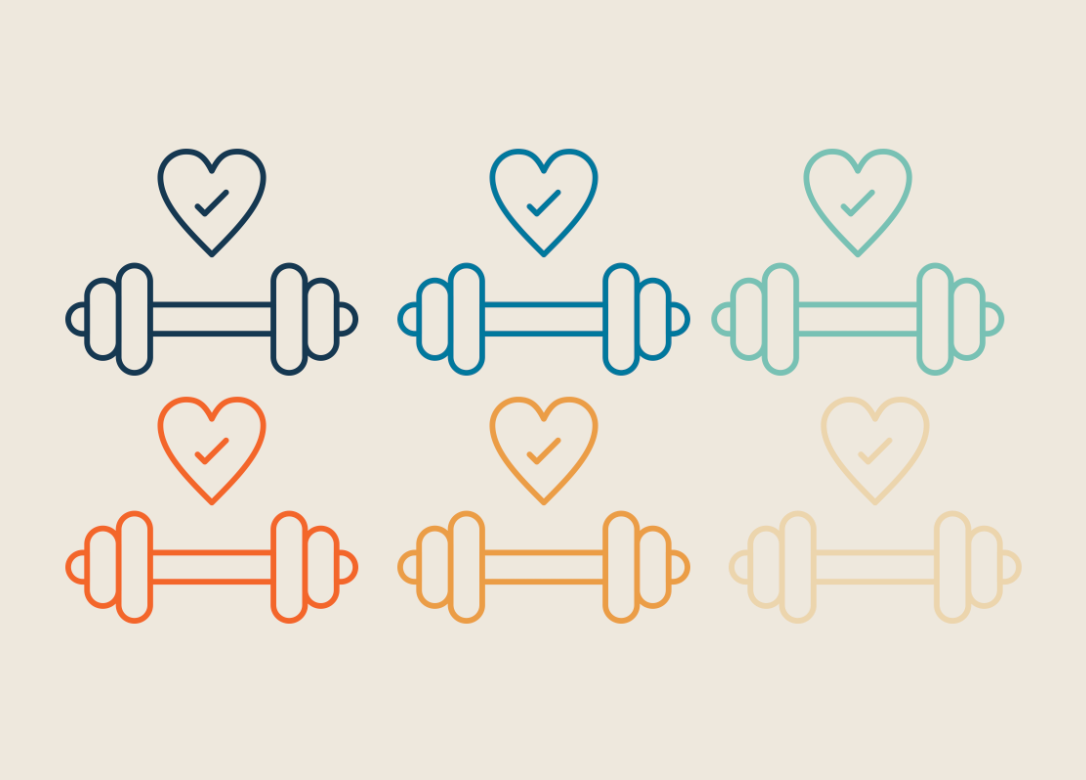Navigating public spaces can bring unexpected challenges of prejudice, discrimination, and even violence for the LGBTQ+ community. That’s why we’re adding a self-defense class to our services—to help equip our community with the skills they need to feel empowered and stay safe. Check out the video below for a sneak peek of the class, and keep reading to see why self-defense is such an important tool for LGBTQ+ folks.
The Alarming Reality: Why Self-Defense Matters
Even in progressive cities, hate crimes targeting the LGBTQ+ community continue to rise. Take Austin, for example. Known for its inclusive values, the city witnessed an unsettling increase in reported hate crimes—from a low of 12 in 2019 to a staggering 51 in 20231. These numbers are not just statistics; they reflect the lived experiences of many LGBTQ+ individuals who face threats to their safety simply for being themselves.
In this climate, having self-defense skills can make a real difference. It’s not about expecting violence or living in fear; it’s about being prepared and feeling empowered. Self-defense training provides the tools to navigate potentially risky situations with more confidence, awareness, and assertiveness.
The True Essence of Self-Defense: Empowerment and Boundaries
A common misconception about self-defense is that it’s solely about physical confrontation. This image can be off-putting, especially for those in the queer community who may not fit the traditional idea of a “fighter.” However, self-defense is about far more than just physical techniques. It encompasses a holistic approach to safety, including:
A common misconception about self-defense is that it’s solely about physical confrontation, which can be off-putting, especially for those in the queer community who may not fit the traditional idea of a “fighter.” However, self-defense is not about engaging in reckless fights or harm; it’s about taking responsibility for your own safety and knowing you can protect yourself if needed.
It encompasses a holistic approach that includes much more than just physical techniques, focusing on empowerment and self-protection. Ultimately, the goal of self defense classes is to equip students with the proper mindset. Keeping a level head and understanding the tools available to you can take you far in a risky situation.
- Situational Awareness: Self-defense classes teach you how to be more aware of your surroundings, assess risks, and avoid potentially dangerous situations before they escalate.
- Boundary Setting: Learning how to assertively set and defend your boundaries is a crucial part of self-defense. This can include verbal techniques to de-escalate conflicts or firmly assert your personal space.
- Confidence Building: One of the most profound outcomes of self-defense training is the confidence it instills. It helps individuals reclaim control over their personal safety and can be a powerful way to counter feelings of vulnerability that stem from discrimination or past traumas.
Breaking Down Misconceptions
Some members of the LGBTQ+ community may feel that self-defense isn’t for them, either because they don’t want to engage in physical confrontation or because they think they don’t need it. However, self-defense isn’t just about preparing for worst-case scenarios. It’s about:
- Everyday Safety: Hate crimes, harassment, and other threats don’t always occur in dark alleys or unsafe neighborhoods. They can happen in seemingly safe environments, making it crucial to be prepared and proactive.
- Community Support: LGBTQ+-focused self-defense classes offer a supportive environment where participants can learn without judgment. These spaces become places for community building, shared learning, and mutual support.
- Accessible Techniques: Self-defense isn’t one-size-fits-all. It includes a range of techniques adaptable to different body types, physical abilities, and comfort levels. It’s about finding what works best for you, so you can move through the world with greater assurance.
Empowerment Through Preparedness
Self-defense training helps individuals feel more in control, not just physically but also emotionally. Knowing how to protect oneself can relieve some of the anxiety that comes with navigating a world that can sometimes feel unwelcoming or unsafe. It is a powerful step towards reclaiming autonomy and reinforcing that everyone deserves to live openly, confidently, and securely.
At the end of the day, self-defense is about more than just physical protection; it’s about building a foundation of confidence, fostering community, and learning to assert your right to move through the world safely. By equipping oneself with these skills, members of the LGBTQ+ community can feel more empowered, resilient, and ready to handle whatever challenges they might encounter.
If you’re interested in learning more about how self-defense can benefit you and want to take a step towards feeling more secure, click here to explore our monthly self-defense class with Kai Bustos. This class is designed to provide a welcoming, inclusive environment where everyone can learn practical techniques and build confidence.
Reference: “Even the progressive state capital of Austin was not immune to the uptick in reported hate crimes. The city went from a low of 12 in 2019 to a high of 51 in 2023.” Source ↩
Contact Us
At OutWellness ATX, we’re committed to supporting you through every step of your recovery journey. If you have any questions or need personalized advice, don’t hesitate to reach out to our expert team. We’re here to help you achieve a smooth and effective recovery.



